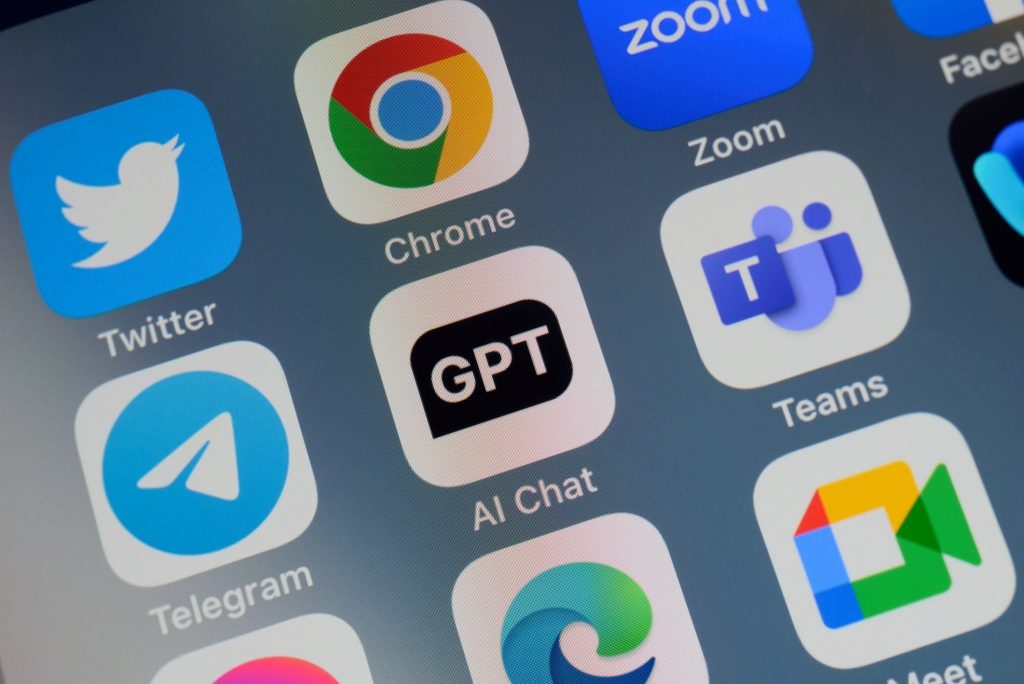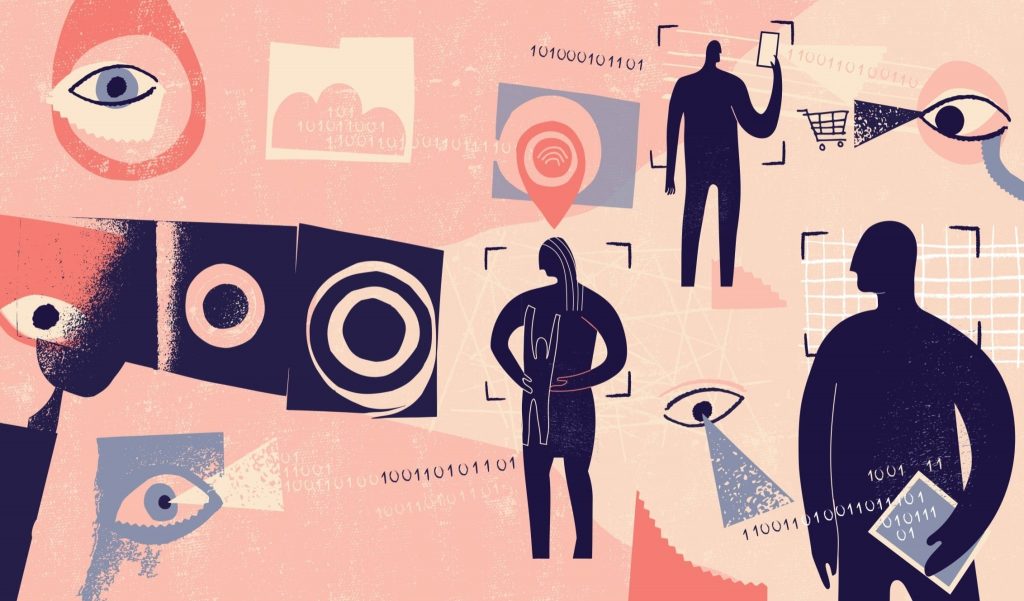ChatGPT, a powerful AI language model developed by OpenAI, has been making waves in the tech industry for its impressive natural language processing capabilities.
As a cutting-edge AI tool, ChatGPT has garnered significant attention for its ability to generate human-like responses and understand complex language patterns, making it a valuable asset in various applications such as customer support, content creation, and more.
The growing popularity and usefulness of ChatGPT cannot be denied, as more and more individuals and businesses have started to adopt it for their specific needs. However, with any technological innovation, there comes a fair share of concerns and potential drawbacks.
In the case of ChatGPT, one major issue has emerged, stirring up debates and discussions: the privacy concerns associated with sharing data on the platform.
As users interact with ChatGPT, they often provide information that could be considered sensitive or personal. This could range from simple contact details to more critical data such as financial or health-related information.
While the platform’s primary goal is to assist users in their tasks, it’s essential to consider the potential risks and implications of sharing such data with an AI chatbot.
The crux of the matter lies in how the data shared by users is used and potentially misused, both by the platform itself and by other users or individuals who may gain unauthorized access to it.
How ChatGPT Works?

To better understand the privacy concerns associated with ChatGPT, it’s important to first explore how the AI model functions and learns from user interactions. ChatGPT relies on a vast dataset that it has been trained on, which includes text from various sources like websites, books, and articles.
This data helps the AI model learn grammar, syntax, context, and even some factual information, enabling it to generate relevant and coherent responses.
However, the real power of ChatGPT lies in its ability to learn and improve continuously as users interact with it. With every conversation, the AI model gains insights into language patterns, user preferences, and the context in which certain information is requested or provided.
This iterative learning process is vital for refining the AI model’s performance and making it more accurate and helpful over time.
While this ongoing improvement is certainly beneficial, it also raises some important questions about data privacy. As users share their information with ChatGPT, it’s crucial to consider how this data is being utilized and whether it’s being stored, shared, or accessed in ways that might compromise the user’s privacy. Moreover, the possibility of data misuse, either by the platform or by other users, cannot be ignored.
One potential concern is the use of shared data to fine-tune the AI model. Though this practice is essential for improving ChatGPT’s performance, it could also lead to the inadvertent exposure of sensitive or personal information.
In some cases, the AI model might unintentionally generate responses that include snippets of previously shared data, raising serious privacy concerns for users who trust the platform with their information.
Real-Life Examples of ChatGPT Data Misuse
While ChatGPT has undoubtedly revolutionized the way we interact with AI-powered chatbots, it’s important to acknowledge the potential privacy risks associated with sharing sensitive data on the platform.
Here, we present some real-life examples of data misuse or privacy breaches involving ChatGPT.
1. Inadvertent Data Exposure in Generated Responses
One of the most common privacy concerns with ChatGPT arises when the AI model unintentionally incorporates user-shared data into its generated responses.
This issue stems from the fact that the AI model learns from user interactions, meaning that it might sometimes “remember” and reuse sensitive information provided by users during their conversations.
As a result, other users who interact with ChatGPT might inadvertently be exposed to this private data, leading to a potential privacy breach.
2. Manipulation of ChatGPT for Malicious Purposes
Another example of data misuse involves individuals or groups manipulating ChatGPT for nefarious purposes. For instance, cybercriminals could potentially use the AI chatbot to extract sensitive information from users, such as personal details, financial data, or login credentials, by engaging them in seemingly innocuous conversations.
This deceptive behavior poses a serious threat to user privacy and emphasizes the need for stringent security measures to protect against such malicious activities.
3. Misuse of Data by Third Parties
Though not directly related to ChatGPT, the possibility of third parties misusing the data shared on the platform cannot be ignored.
For example, hackers could potentially access user data stored on the platform’s servers, leading to privacy breaches and unauthorized disclosure of sensitive information.
This underscores the importance of implementing robust data protection measures and encryption techniques to safeguard user data from unauthorized access.
4. Accidental Data Sharing by Users
Lastly, it’s worth noting that users themselves might inadvertently contribute to data misuse or privacy breaches by sharing sensitive information with ChatGPT.
While the platform’s developers are responsible for ensuring data privacy, users must also be cautious about the information they disclose during their conversations with the AI model.
By being aware of the potential risks and exercising discretion when sharing data, users can help minimize the likelihood of privacy breaches.
Protect Your Personal Information While Using ChatGPT

Despite the potential privacy concerns associated with using ChatGPT, there are steps you can take to protect your data and maintain your privacy while interacting with the AI model.
Here are some tips and best practices to follow when using ChatGPT:
1. Avoid Sharing Personal Information
The most crucial step in safeguarding your privacy is to avoid sharing personal information during your conversations with ChatGPT. Refrain from disclosing sensitive data such as your name, contact details, home address, financial information, or login credentials.
Remember that the AI model might unintentionally incorporate the information you provide into its responses, potentially exposing your data to other users.
2. Be Mindful of the Context
While interacting with ChatGPT, always be mindful of the context in which you are sharing information. Even if you’re not directly disclosing sensitive data, sharing details about your life, work, or relationships could potentially enable someone to piece together your identity or personal information.
Exercise caution when discussing topics that might inadvertently reveal private details.
3. Use Anonymous Account
If you want to maintain anonymity while using ChatGPT, consider using a pseudonym or an anonymous account to protect your identity. By keeping your real name and personal information separate from your interactions with the AI model, you can reduce the risk of your data being misused or your privacy being compromised.
4. Review Generated Responses
Before sharing a ChatGPT-generated response with others, take a moment to review its content for any sensitive information that might have been inadvertently included. By doing so, you can prevent accidental data exposure and maintain control over the information you share with others.
5. Stay Informed About Privacy Policies
Stay informed about the privacy policies and practices of the ChatGPT platform, as well as any updates or changes that might affect your data privacy. By understanding how the platform handles user data and the measures in place to protect your information, you can make informed decisions about your interactions with the AI model.
By following these tips and being cautious about the information you share with ChatGPT, you can enjoy the benefits of the AI chatbot while minimizing the risks to your privacy.
Related Posts:
- Read this before you surrender your phone to phone repair shops
- How Long do Internet Providers keep History
- Streamlining Visual Testing with AI and Machine Learning For The Best Possible Result
- Top 5 VPN Services: An In-Depth Guide to Their Distinct Advantages
- Why You Need a VPN for Your Android Device
- How to Know if a Shopping Website is Legit or Fake?
- Scam Prevention: How to Stay Safe Online (Tips)
